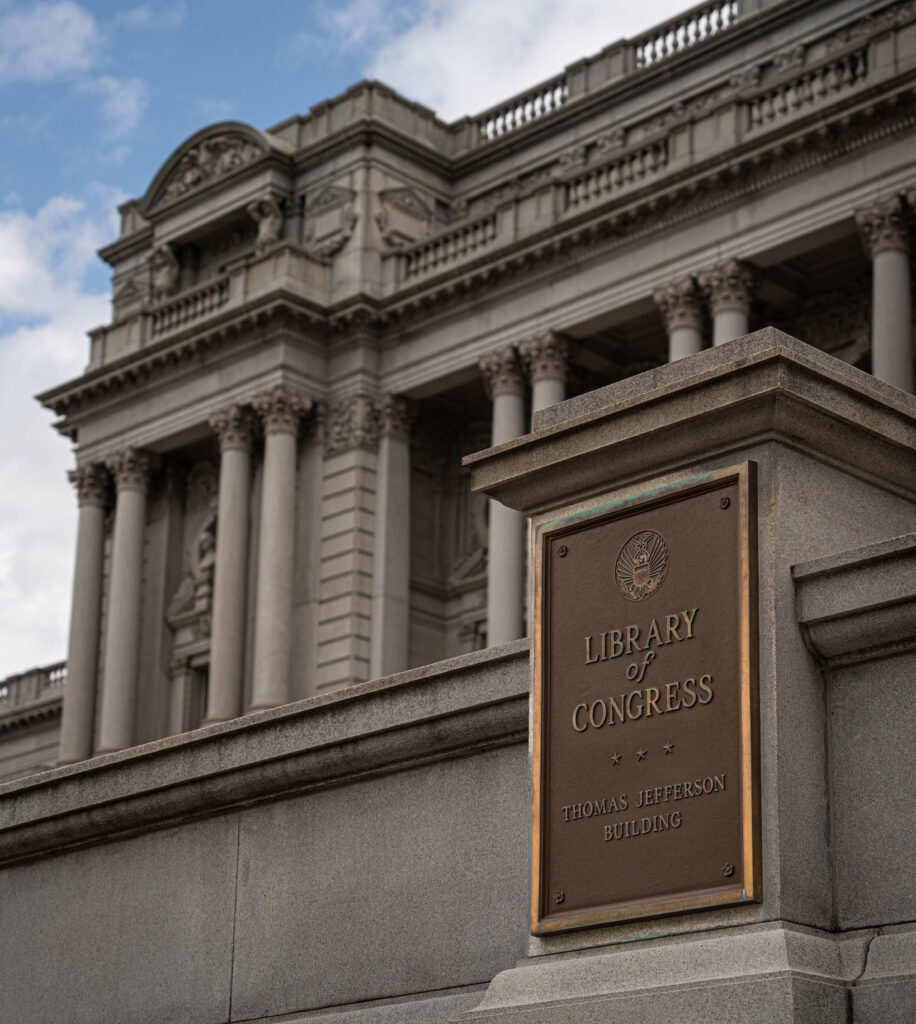Circuit Court Sides with Patient Safety and Medtech Innovators in Concluding that DMCA Exemptions are Subject to Judicial Review

In a decisive victory for medtech innovation, the D.C. Circuit Court of Appeals earlier this month held that the Digital Millennium Copyright Act (DMCA) regulations are judicially reviewable. Under this ruling, the Library of Congress must rein in rulemaking that inadvertently could jeopardize patient safety and give away intellectual property by helping unregulated, third-party repair companies hack into highly complex, lifesaving medical devices. Instead, this decision ensures that exemptions to the DMCA anticircumvention provision are subject to the bedrock principle of judicial review.
Two years ago, AdvaMed challenged the DMCA exemption that allows hacking into medical devices. We argued in part that the exemption was arbitrary and capricious, in violation of the Administrative Procedures Act (APA), because, under the text of the DMCA, exemptions are permitted only for non-infringing uses of copyrighted work. Here, there is no doubt that the third-party repair companies seeking to avail themselves of the DMCA exemption are engaging in commercial, non-transformative, infringing uses, so the Library’s finding to the contrary was not in accordance with the law. Without reaching the merits of our arguments, the trial court found that the Library, as an extension of the legislative branch, was not subject to the APA, which typically applies only to executive agencies.
We appealed the trial court’s erroneous decision. The D.C. Circuit found in our favor, concluding that even if the Library is not an agency, its enactment of the DMCA exemption is still reviewable under the APA because the Copyright Act specifies that regulations promulgated thereunder, like the DMCA exemption, are subject to the APA. In its opinion, the D.C. Circuit recognized that the DMCA exemption affects “valuable property rights, such as a copyright holder’s ability to limit access to a digital creation and to prevent intellectual property theft.” Given these important interests, including the implications for patient safety, the D.C. Circuit emphasized that judicial review of the DMCA exemption aligns with “fundamental principles regarding the protection of individual rights against unlawful government action.”
This ruling marks a significant shift in the legal landscape for medtech innovation. Medtech manufacturers may now challenge in court the exemptions to the DMCA that permit hacking at the expense of the substantial investment those manufacturers made in their intellectual property. More importantly, patients now have added assurance that regulations affecting the integrity of the complex medical devices they depend on are subject to judicial oversight. Next, the trial court will take up the merits of our argument. We look forward to arguing for an outcome that will have lasting impact for patients.
Special thanks to AdvaMed’s Terry Chang, JD, MD, and the team of medtech lawyers who worked with counsel on the legal argument and strategy.
For more information on why only authorized parties should repair complex medical devices, click here.